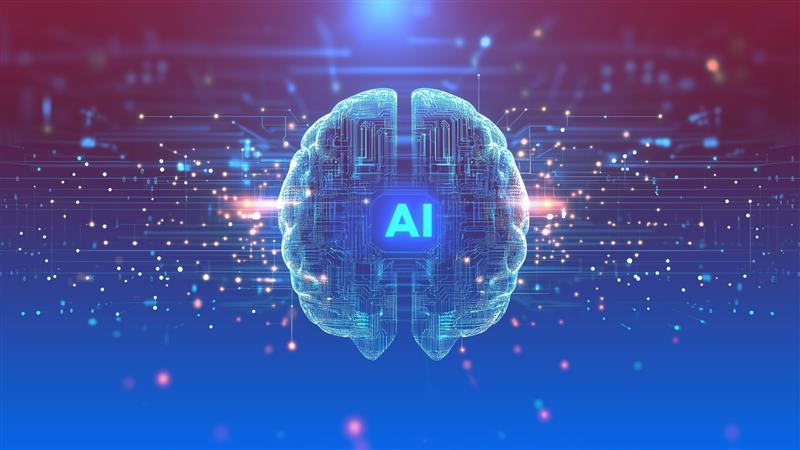
In 2024, Google DeepMind co-founder, Demis Hassabis, received the Nobel Prize in Chemistry in Sweden for AlphaFold’s protein advancement, connecting the AI revolution game to scientific innovation, while predicting an AGI future within a decade.
Rising from chess grandmaster to an AI visionary, the London-based AI pioneer is now charging a movement to develop artificial general intelligence (AGI), as a “10x bigger” leap “than the Industrial Revolution.”
Yet, even as AlphaFold accelerates drug discovery, Hassabis is still cautious of the AI revolution, warning that it must be guided by ethicality, scrutinizing governance frameworks to avoid perversion and exploitation.
Despite being in the royal halls of the world’s most prestigious scientific honors, Hassabis’ journey began modestly in front of a chessboard, where his passion for strategic maneuvers turned into a mission to shape the future with AI.
At DeepMind’s London offices, where basic research and real-world application meet, Hassabis now oversees work that could come to define the century. What was science fiction is now entering everyday life, and the AI revolution walkthrough is only just getting underway.
Is AI Revolution Legit?
Demis Hassabis’s life is proof that the AI industrial revolution is not only real but is unfolding before our eyes. From chess genius to Google DeepMind CEO, his path has been on a clear trajectory towards understanding intelligence. AlphaFold, one of the most successful products of DeepMind, used AI to unlock the structure of proteins, a problem many thought was impossible to solve, but the program is already helping scientists study cures for diseases.
But success hasn’t come without big questions. Is AI part of the fourth industrial revolution? According to Hassabis, absolutely.
“The difference here is, it’s going to be 10 times bigger than the Industrial Revolution, and maybe 10 times faster,” Hassabis says.
His team is not only focused on breakthroughs, but also on making sure technology is used safely and wisely. The AI generated evolution has been mostly accountable for public excitement, with machines such as ChatGPT showing what is possible when machines figure out how to communicate and create. Yet with every breakthrough comes additional responsibilities.
AI Revolution Already Losing Steam
Some are saying that the AI revolution is already losing steam. But is it really?
Despite speculative headlines on an AI winter, the artificial intellectual revolution isn’t losing steam. Au contraire, it’s evolving, and it’s evolving fast.
What meets the eye is that the initial frenzy around foundational models may be plateauing, but the work where the real action lies is shifting. The focus now is redirected to practical applications of AI where the sustainable business models go beyond the initial hype experience in 2023 and 2024.
No one is denying that high computational costs and models’ commoditization are forcing a reckoning.
That’s all true, but what seems to be forgotten is that this isn’t a showdown, it’s a phase change. What the world of AI is witnessing now is an industrial evolutionary movement from a “brute-force” era to one of strategically targeted innovation, with a new generation of startups – and established players – vying for industrial AI dominance.
Some assert the AI 4th Industrial Revolution is decelerating or was overhyped. Hassabis does not see it that way. His scientists at DeepMind continue to develop tools that are impacting health, education, and daily life.
The idea of the evolution of generative AI slowing down is, to him, a misunderstanding of what the future holds. Artificial general intelligence (AGI) is the next major goal, machines capable of thinking on a wide range of topics like human beings.
Hassabis believes we could see that in five- or ten-years’ time. That possibility brings up questions of AI human evolution, and specifically how we’ll change as machines improve in capabilities. Moreover, economic factors exist.
The AI economic impact can be enormous. AI holds the potential to boost productivity, replace jobs, and change our conception of work entirely.
Therefore, organizations like the Center for the Governance of AI are attempting to put boundaries and ethical guidelines in place.
Hassabis is in favor of building a pathway to AI governance, saying the moment has arrived to talk about the unknowns and make them less unknown. Meanwhile, technology is already driving AI and productivity growth, with DeepMind squarely in the center of everything.
Skeptic or enthusiast, one thing is clear. The AI revolution game is far from over.
Inside Telecom provides you with an extensive list of content covering all aspects of the tech industry. Keep an eye on our Intelligent Tech sections to stay informed and up-to-date with our daily articles